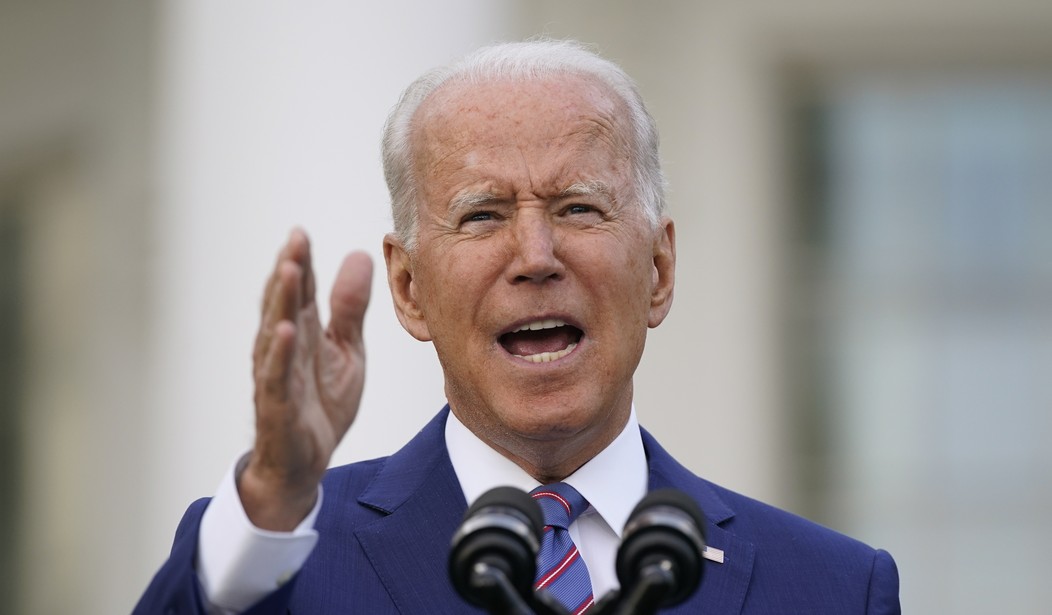If you ask 10 different people what online banking means to them, don’t be surprised if you get 10 different responses. But in the minority community, there’s a very special meaning.
Opportunity.
Among some minorities, you may hear online banking called a “second chance,” “lifeline” or even “entry into the real world.” In the black community, which has often been left behind by the “brick and mortar” banks, partnering with online lenders and “cyber banks” have given them a seat at the table they never had in the past.
One only need look at the checkered history that the bank “around the corner” has had in minority communities.
Multiple lawsuits have been filed against institutions such as M&T Bank, Countrywide Financial, Sun Trust and Wells Fargo, rooted in allegations of racial bias and inferior banking products to even the most qualified minority applicants.
Studies from consultancies such as McKinsey & Co, meanwhile, have found that there are fewer branches in minority neighborhoods.
Black mortgage denial rates hover above 20% in cities such as St Louis, Missouri, Tampa, Florida, New York City and Detroit by conventional banks – according to a 2016 study by the online realtor Zillow – making the dream of home ownership even more difficult for these families.
These and many other reasons have all but pushed the black community into online financial options.
As an online banking customer, I can say without hesitation that I prefer the options of my bank-without-branches exponentially more than previous relationships with establishment banks. I began online banking while challenging overdraft fees with one such big bank. It caused a checking account to close with a negative balance, disqualifying me from having an account after a cursory check through the ChexSystems reporting service. I now am a happy online customer, with no need to return to a major bank.
Recommended
But we now face an interesting dilemma in which the Biden Administration, while giving the perception of supporting minority issues on one hand, is flirting with the idea of curtailing digital lending and similar financial services with the other. They claim this is a laudable goal of protecting consumers from the “predatory” tactics of online lenders.
It’s alleged that borrowers, especially minorities, are trapped in debt cycles after entering into loans with higher than typical interest rates. While some states have maximum APR borrowing rates, digital lenders may circumvent those caps by forging a partnership with federally regulated financial institutions not obliged to comply with state regulations.
What goes unmentioned is the harm done by this paternalism. Many credit reporting systems disproportionately list persons of color as credit risks. This closes lending options to them. Online lenders are more than willing to take a chance on such a loan for a person or small business. Do not mistake this as taking advantage. As with any financial institution, online lenders have a fiduciary obligation to explain the terms of all loans they dispense and explain all options – including repercussions – should those obligations not be met as agreed upon.
Studies have shown that, in using conventional lending options, blacks are 80 percent more likely to be denied a home mortgage and 47 percent more likely to have a business loan denied or be underfunded. Online lenders have truly been a lifeline to those communities whose options have been minimized.
I recently had a conversation with a lifelong friend who is a banking industry executive. I asked him how he felt about online competition, and if he thought the government was needed to scale back his cyber-world competition. He cited his ability to present his products without any “help” from the government. Perhaps the White House and advocates of this reckless strategy should listen to him.
We are a free-market economy, yet the government wants to once again pick winners and losers. It’s not something it has ever done very well.
Government going to war with online banking runs the risk of hurting minority communities. We must, in the most deliberate terms, reject any potential restrictions supposedly in the interests of black opportunity and prosperity.

























Join the conversation as a VIP Member